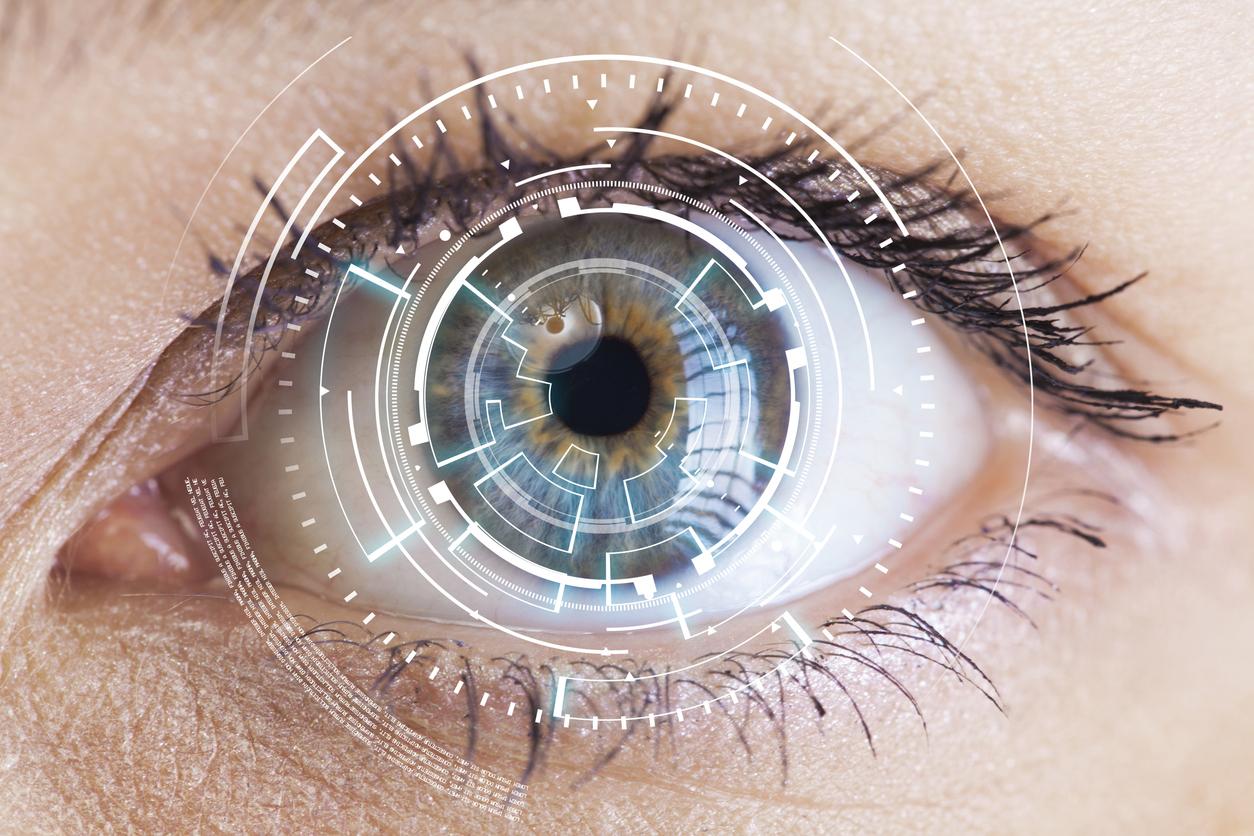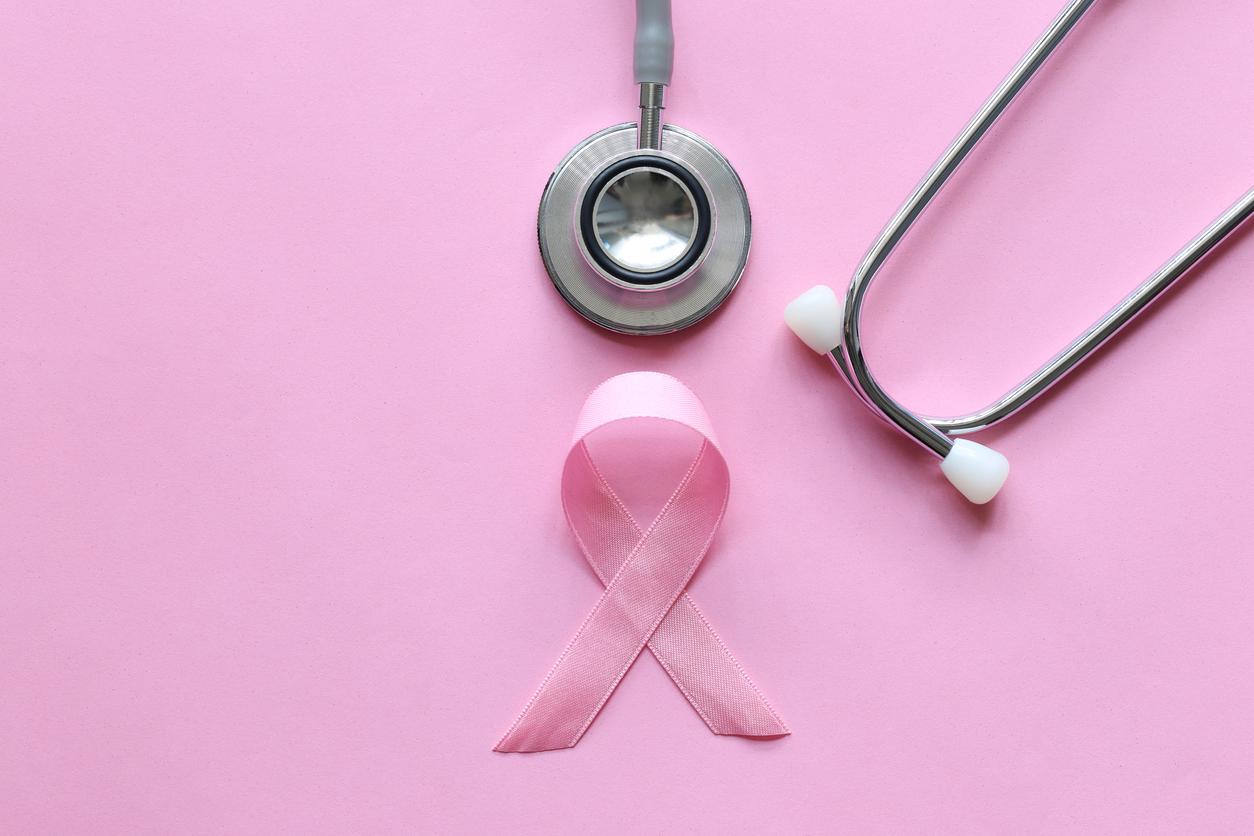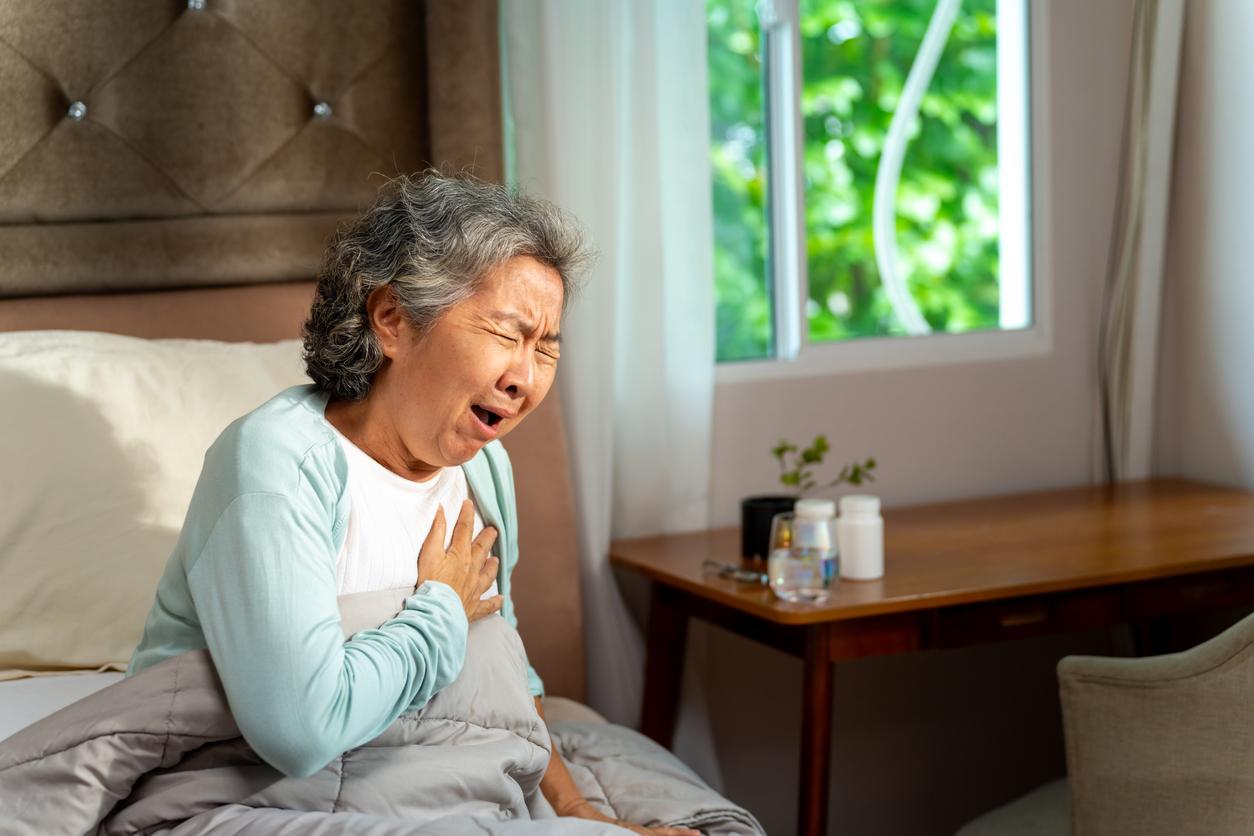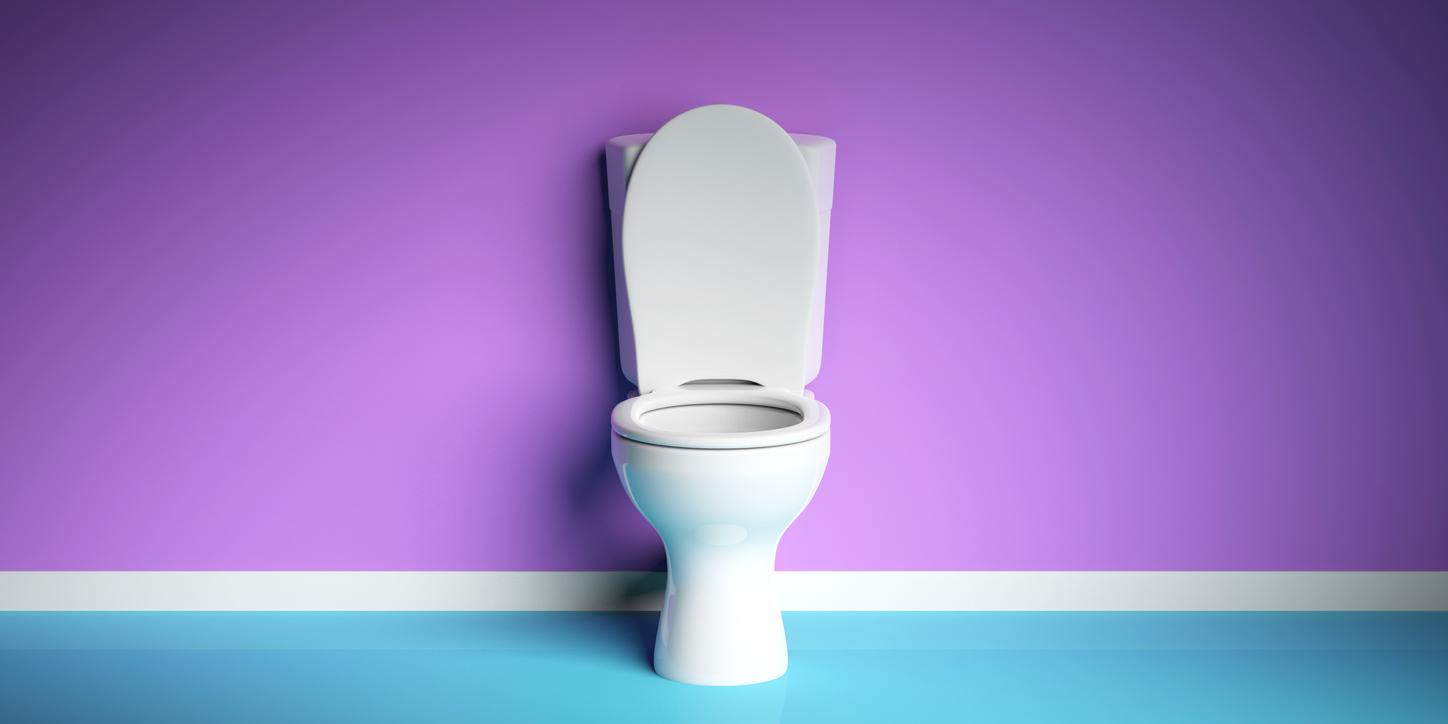As the WHO points out, “health is not only a physical issue, but also a psychological one”. Anxiety disorder can therefore, when it becomes pathological, have real repercussions on the body.

The two criteria used to distinguish normal anxiety from anxiety disorder are personal suffering and difficulty functioning. If the anxiety is so strong that it is a constant concern, or affects the ability to live normally, at work, in society, or in other areas, then anxiety is considered a disorder.
Anxiety disorders are a group of psychological problems more frequently encountered in women than in men, the symptoms of which include excessive anxiety, feelings of fear, worry, and avoidance and compulsive behaviors. Anxiety disorders include several disorders:
– panic attacks;
– obsessive-compulsive neurosis;
– social phobia;
– generalized anxiety disorder;
– specific phobia (simple phobia);
– post-traumatic stress syndrome (fear following a traumatic event).
Digestive issues
In a recent study, published in Wiley, researchers at Newcastle University reaffirmed the connection between the brain and the gut in patients with syndrome. irritable bowel. After following 1,900 participants for a year, they found that 31 to 54% of people with anxiety and depression at the time of the study developed irritable bowel syndrome.
Heart failure
By compiling data from numerous studies on the subject, Harvard scientists found that the prevalence of depression and anxiety was higher among patients withheart failure. On average, the latter are two to three times more affected: 21.5% of heart failure patients have depressive symptoms and 30% have clinically significant levels of anxiety.
Hyperventilation
Stress and anxiety are the main causes of hyperventilation, which corresponds to an increase in the speed of breathing associated with an amplification of respiratory movements. A vicious circle sets in: the difficulty in breathing caused by hyperventilation is itself a source of anxiety and reinforces the phenomenon.
Migraine
A study by the University of Toronto (Canada) published in Headach shows that migraine sufferers are at higher risk for generalized anxiety disorder. In this study, conducted on more than 20,000 people, the disadvantage of people with migraine is clear. 6% of them present with a generalized anxiety disorder. In the general population, only 2% of people suffer from it. Double punishment is even more pronounced in males, twice as likely to report anxiety as females.
Cerebral vascular accident (stroke)
In a study published in Stroke and the journal of the American Heart Association (AHA), researchers linked anxiety and increased risk stroke on the long term.
Urinary tract infection
Clinical observations report that anxious women develop more cystitis than others. Cystitis is inflammation and infection of the bladder. It is an infectious disease caused mainly by bacteria (in about 80% of cases caused by Enterobacteriaceae such as Escherichia coli) which travel up through the urinary tract to the bladder.
Considering the general population aged 18 to 65, 15% of French people will have an anxiety disorder during this year. 21% of 18-65 year olds will present with an anxiety disorder at some point in their life (lifetime prevalence). Anxiety disorder is the most common mental illness in the United States, affecting 40 million adults nationwide each year.

.















